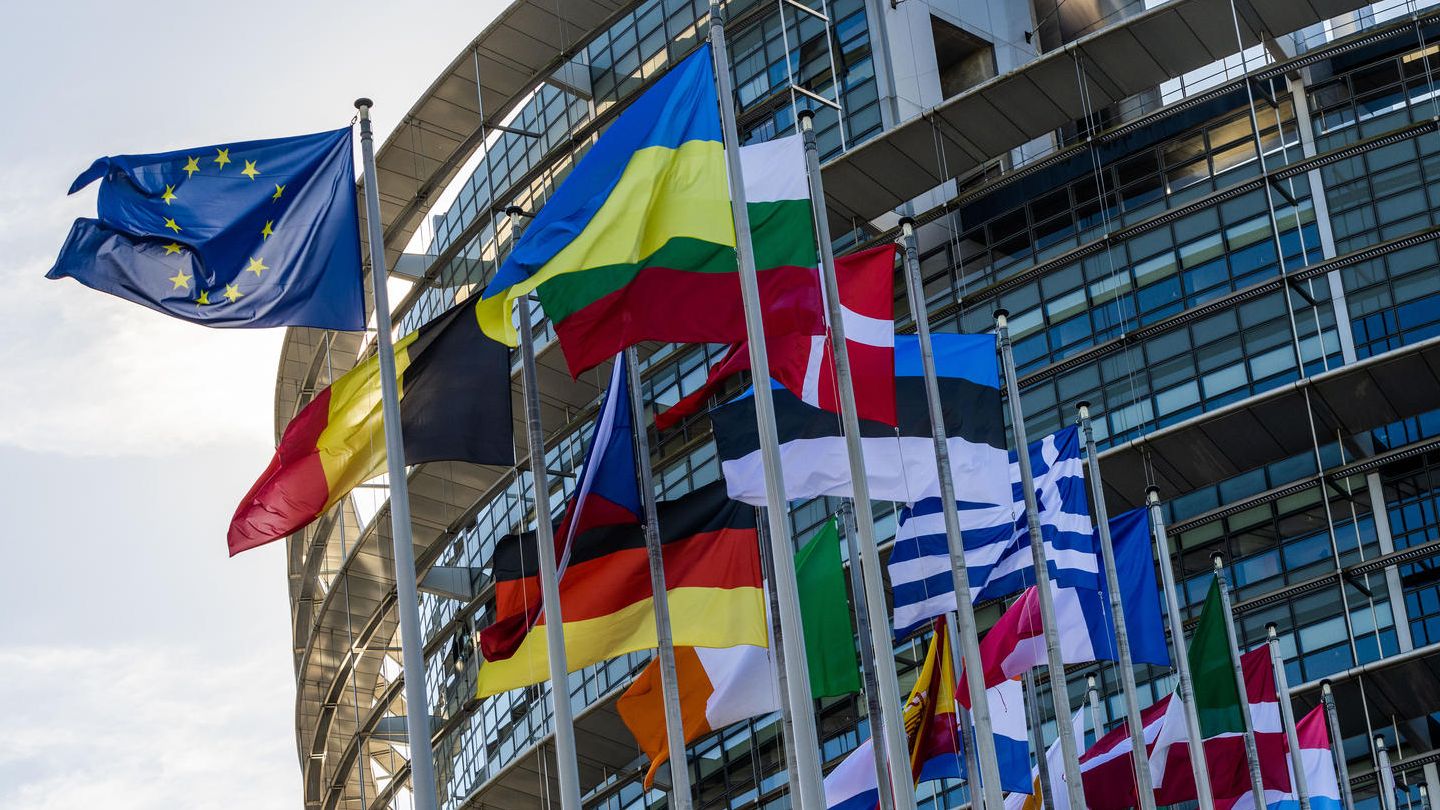The EU can only achieve its climate goals if everyone pulls together. But group work is not going particularly well. June 30th showed this once again.
This is certainly not how Ursula von der Leyen imagined the cooperation with the European states. Her prestige project, the Green Deal, was practically voted out of office at the beginning of June. Years after the first global climate protests and in times of record heat, floods and forest fires, green politics is no longer in fashion. This became clear again at the end of last month: All EU members had until June 30 to submit their national energy and climate plans (NECP). But the result is meager, shows a star-Request. Only four countries sent their NECPs to Brussels on time.
“The Commission urges all other Member States to submit their final plans as soon as possible,” a Commission spokesperson stressed in the written response. Only Finland, Sweden, Denmark and the Netherlands have submitted their documents.
EU Commission not satisfied with any climate plan
In 2018, the EU countries agreed on national plans in which they set out their energy and climate policies for the next ten years. The instrument is intended to help implement the European climate and environmental protection goals by 2030 and to ensure the Union’s energy supply. According to this, greenhouse gas emissions are to be reduced by 40 percent compared to 1990 and the share of renewable energies is to be increased by at least 32 percent. The states have had to repeatedly revise the national energy and climate plans so that they meet the requirements of the European Commission.
This is not the first time that states have failed to submit their documents on time or have submitted them incompletely. The EU has previously punished failures. States are first warned before being sued and fined.
Last year, no proposal from the countries made it through the Commission’s TÜV because all states had set lower targets for renewable energy generation than those decided by the EU. 69 percent of the electricity mix is to be covered by renewables by 2030. However, the states’ national plans only amount to 66 percent of green electricity, according to an analysis by the think tank Ember last year.
For Germany, the Commission also criticized the lack of binding annual targets in the climate protection regulation. Brussels also complained that the necessary protective measures and their effects had not been adequately described. The federal government should adapt its plans accordingly.
No EU state without warning, half sued before the ECJ
So far, there is not a single country in the European Union that has not been asked at least five times to make up for shortcomings and revise its own energy and climate plans. To this end, the Commission sends a letter to the countries concerned. They have two months to respond. Most of the procedures of this type are currently pending for Poland (12), Austria (12), Bulgaria (11) and Romania. Germany was most recently warned about inadequate bird protection and inadequate noise action plans. If the reprimands are ignored, another letter follows, which must also be answered within two months.
The EU Commission then takes the matter to the European Court of Justice. 13 EU members are currently being sued, many of them in several cases, for example Greece for illegal waste disposal, Poland for exceeding the limits for fine dust, or France for inadequate support for renewable energies. Germany has only been warned five times so far, but has not yet been sued.
The proceedings usually last 20 months. After that, there is the threat of fines in the form of lump sums and penalty payments. The former are levied once and cover the period before the court ruling. The penalty payment is intended to force the states to fulfil their obligations. The amount is paid daily after the ruling. The daily rate is calculated based on various factors. For Germany it is .
Countries probably do not have to fear sanctions
The NECPs of all member states should have been in Brussels by the end of June 2024. But the majority of countries missed the deadline – including Germany. The final version is currently being agreed upon by the federal government, says a spokesman for the responsible Ministry of Economic Affairs and Climate Protection. star-Request. The final version will be presented this summer. However, the spokesman left it open when exactly.
It is rather unlikely that the 24 remaining states will submit their national plans within a very short period of time. Austria, for example, did not even submit a proposal in the last round, according to the EU Commission. France had already announced that, given the political situation in the country, it was currently impossible to submit the final plan.
However, the states are not under any pressure. They must first be warned by Brussels for their failures. A lawsuit would then be filed in four months at the earliest. However, there has been no talk of this in Brussels so far. At an informal meeting of the European Council on energy and the environment in July, the failures of all other states will be “addressed as an urgent matter,” the Commission spokesman told the star But countries like Austria are unlikely to be impressed by such reprimands. Will countries like Germany allow themselves to be put under such pressure? It is uncertain, to say the least.
Sources: European Commission, , , .
Source: Stern
I have been working in the news industry for over 6 years, first as a reporter and now as an editor. I have covered politics extensively, and my work has appeared in major newspapers and online news outlets around the world. In addition to my writing, I also contribute regularly to 24 Hours World.




